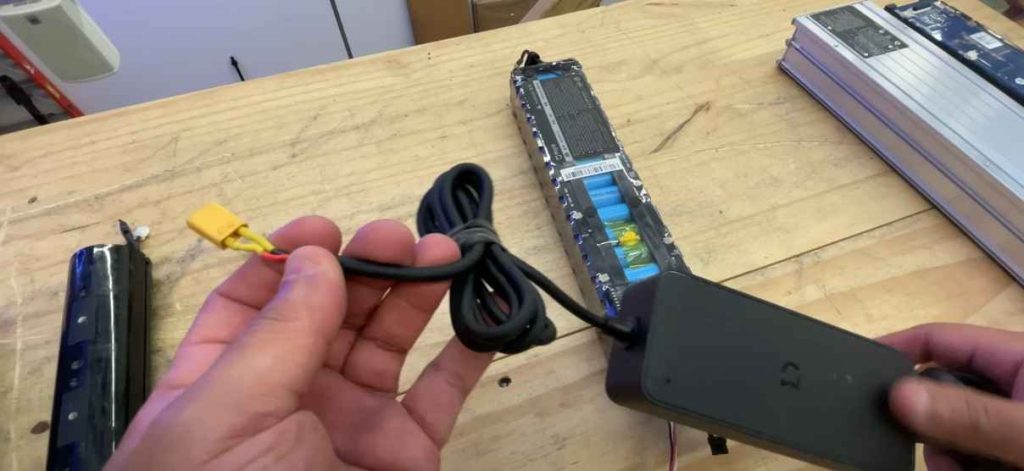Do You Know “How Long Does An Electric Scooter Battery Last Per Charge?” An Electric Scooter battery lasts between 10 to 40 miles per charge. Charge will depend some factors such as terrain, rider weight and scooter model.
Electric scooters have surged in popularity, offering a convenient and eco-friendly mode of transportation. The battery life per charge is a vital aspect that determines how suitable an electric scooter is for your needs.
Whether for daily commuting or leisurely rides the battery’s endurance helps in planning journeys and managing expectations.
Many scooters are equipped with lithium-ion batteries, known for their lightweight and efficient energy storage, contributing to the scooter’s overall performance.
Selecting the right electric scooter involves considering the battery’s life span, especially if longer distances are involved. Proper maintenance and usage can also extend the battery’s longevity, ensuring you get the most out of your electric transportation.
Table of Contents
ToggleElectric Scooter Battery Basics
Welcome to the Electric Scooter Battery Basics. Your electric scooter’s battery life is important. It determines how far you can ride between charges. In this section, we’ll delve into what powers these modern rides—the batteries!
Types Of Batteries In Electric Scooters
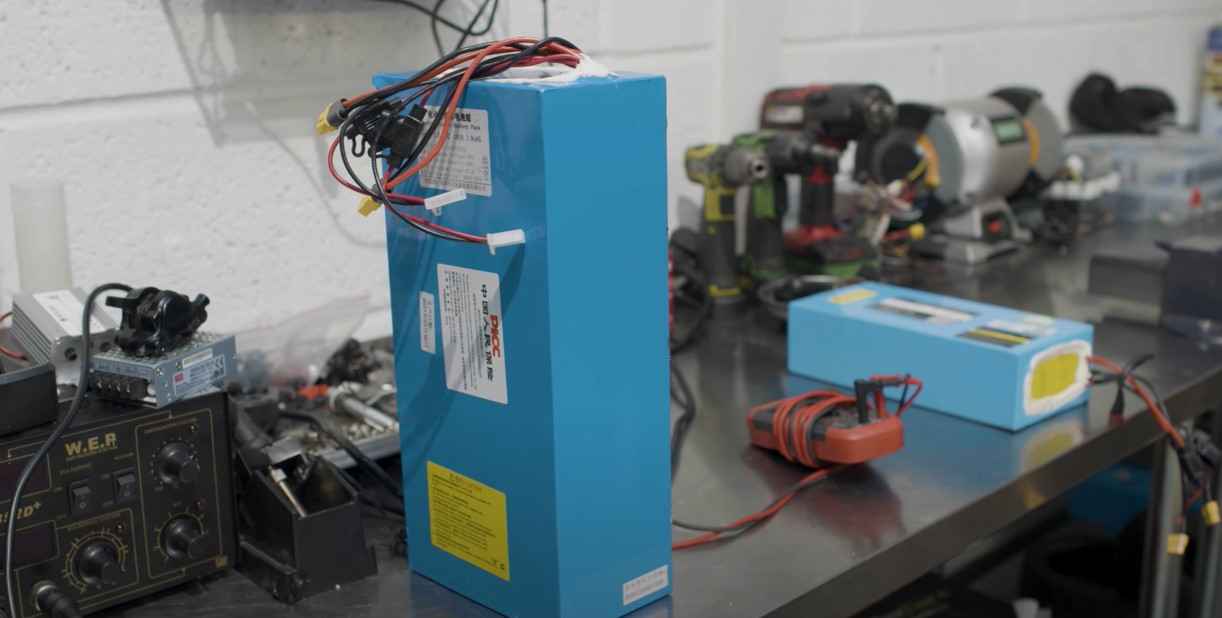
Various batteries power electric scooters. Each has its unique features and performance metrics. Here’s a quick breakdown:
- Lead-Acid Batteries: Heavy and low-cost, suitable for budget scooters.
- Nickel-Metal Hydride (NiMH): Lighter than lead-acid, with moderate life spans.
- Lithium-Ion Batteries (Li-ion): Most common, balance weight, capacity, and cost effectively.
- Lithium Polymer (LiPo): Similar to Li-ion, these offer a slight weight advantage and shape versatility.
Factors Affecting Battery Life
Battery life depends on more than just the type. Consider these factors:
| Factor | Impact on Battery Life |
|---|---|
| Riding Style | Aggressive acceleration and speeding reduce charge hold. |
| Total Weight | Heavier load demands more power, draining the battery faster. |
| Terrain | Hills and rough surfaces require more energy, which depletes the battery quicker. |
| Battery Age | Older batteries tend to hold less charge over time. |
| Maintenance | Proper care ensures longevity; neglect can shorten battery life. |
| Temperature | Extremes of hot or cold can negatively affect performance. |
Average Battery Longevity Per Charge
The average battery longevity per charge on electric scooters is a key factor for riders. It influences how often you need to charge your scooter. The average battery life helps riders plan their routes and manage scooter usage efficiently.
Typical Range Expectations
Electric scooter batteries vary widely in capacity and longevity. On average, a fully charged electric scooter can last:
- 8 to 15 miles on mini models
- 15 to 20 miles for standard scooters
- Up to 40 miles on high-end versions
Scooters with larger batteries can sometimes offer higher range. Always check the manufacturer’s guidelines for specifics.
Real-world Variations
The onboard range display doesn’t always match real-world usage. Many factors impact battery life. These include:
| Rider Weight | Terrain | Temperature |
|---|---|---|
| Heavier weight reduces range | Hills and rough surfaces drain battery | Cold weather can shorten battery life |
Maintaining your scooter affects battery life too. Regularly check tire pressure and brakes.
Battery care is paramount. Always follow the charging instructions. Extend your battery’s life with proper care.
Maximizing Scooter Battery Life
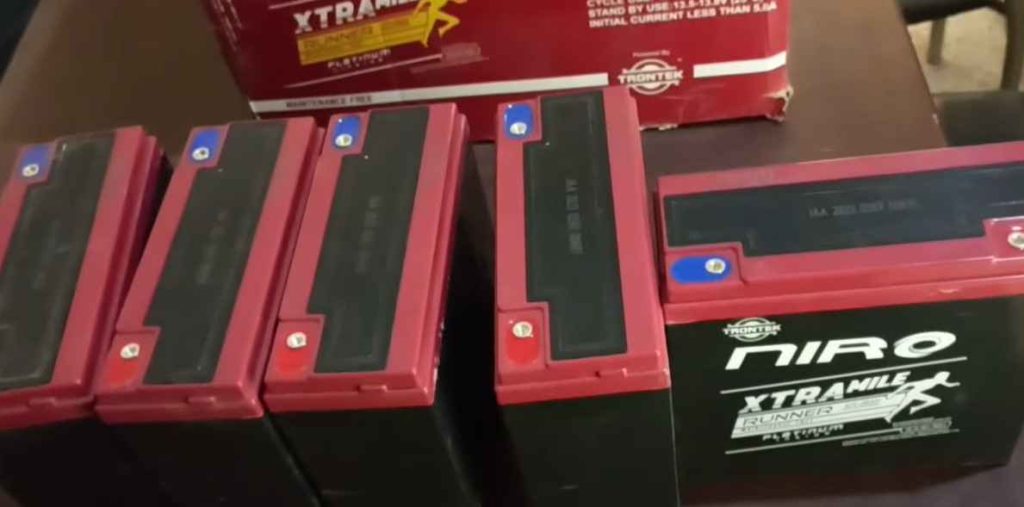
Electric scooter enthusiasts know that battery life per charge is vital. To keep the adventure rolling longer, maintaining the battery is key. Let’s dive into how to maximize the life of your scooter’s battery.
Optimal Charging Practices
Charging habits dramatically affect battery longevity.
- Avoid overcharging; unplug once full.
- Keep the battery cool during charging.
- Use the recommended charger.
- Charge regularly even when not in use.
Proper charging equals longer battery life.
Conserving Battery While Riding
Saving power on the go means more miles of enjoyment.
- Maintain a steady speed.
- Plan routes with fewer hills.
- Avoid constant stop-and-go.
- Keep the scooter’s tires properly inflated.
Conserve energy; extend your scooter’s range with each charge.
Influences Of Riding Habits
Influences of Riding Habits: The battery life of an electric scooter depends much on how you ride it. Take a journey into how habits impact battery longevity.
Impact Of Speed And Terrain
Ride fast, and your scooter’s battery drains quicker. Navigating hills also takes a toll. The right pace on flat ground conserves energy. Think steady, not speedy.
- Constant high speed: Reduces battery range
- Regular hill climbing: Demands more power
- Smooth, flat roads: Optimal for energy saving
Weight And Weather Considerations
More weight means more work for your scooter. Heavy riders or extra cargo can drain batteries faster. Cold or hot weather? It affects battery performance too.
| Weight | Weather | Battery Impact |
|---|---|---|
| Heavier Load | Cold Temperatures | Increased Consumption |
| Lighter Load | Mild Temperatures | Optimal Performance |
Signs Of Battery Deterioration
Knowing when your electric scooter battery is dying isn’t always obvious. But some clear signs never lie. Recognizing these signs ensures you maintain your scooter’s performance and safety. Let’s look at how you can spot a deteriorating battery.
Reduced Range Over Time
As your electric scooter ages, so does its battery. This aging affects how far you can ride on a single charge. If you used to ride 20 miles with ease but now struggle to hit 15, it’s a classic sign of battery wear. Keep an eye on your scooter’s range after a full charge to monitor battery health.
Battery Swelling And Other Physical Indicators
Visible changes in your battery can signal trouble. A swollen battery case is a red flag. It may look bloated or feel different when touched. Don’t ignore these physical signs. They hint at internal damage or potential failure. Regularly inspect your scooter’s battery for any unusual bulges or deformations.
- Check for leaks or corrosion at the terminals.
- Observe any unusual odors coming from the battery.
- Inspect for discoloration or warping of the battery casing.
Careful monitoring of these aspects will help you determine if it’s time for a battery replacement. Doing so not only extends the life of your electric scooter but also ensures a safe and enjoyable riding experience.
Maintenance Tips For Battery Health
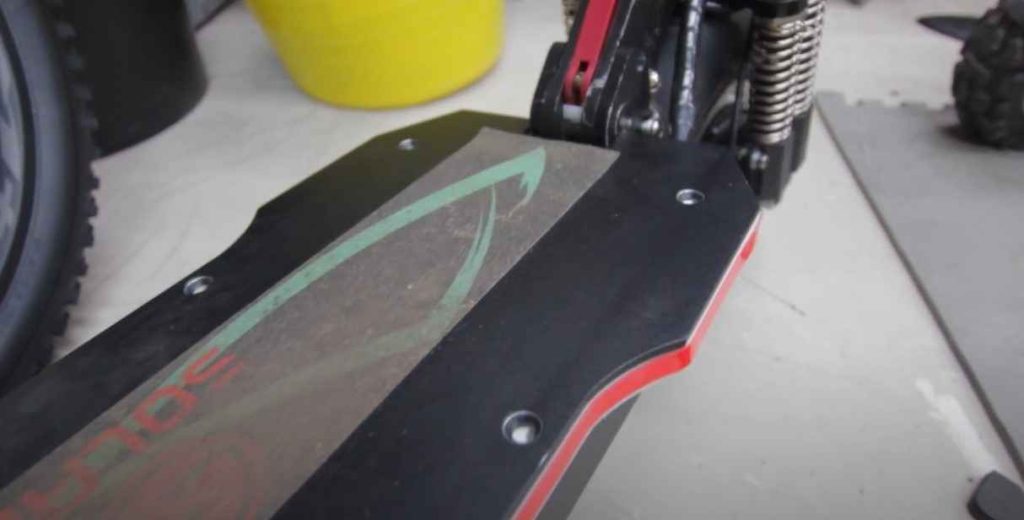
Keeping your electric scooter’s battery healthy is key to ensuring a long-lasting ride. Proper care can prevent issues and extend battery life. Let’s explore some essential maintenance tips to keep the battery in top condition.
Regular Checkups And Cleanings
Regular inspections keep your scooter’s battery in check. Dirt and debris can affect performance. Follow these steps:
- Inspect the battery monthly for signs of damage or corrosion.
- Clean the battery contacts gently with a dry cloth to ensure good connection.
- Charge the battery after each use to keep it at optimal levels.
Battery Storage Best Practices
Proper storage safeguards battery life. Keep these pointers in mind:
- Avoid extreme temperatures; store in a cool, dry place.
- Maintain a charge level between 40-80% for long-term storage.
- Check the battery every few months and recharge if needed.
Technology Advancements
Electric scooters have become increasingly popular in today’s eco-friendly world. The battery is a scooter’s heartbeat, and technology advancements are vital for its performance. Let’s dive into how these improvements are revolutionizing the electric scooter experience.
Emerging Battery Technologies
Exciting new developments in battery technology promise to enhance electric scooter capabilities. Companies are exploring materials like Lithium-sulfur (Li-S) and solid-state batteries, aiming to improve energy density and safety.
- Lithium-sulfur (Li-S) batteries: Higher energy density than Li-ion.
- Solid-state batteries: More stable and less prone to overheating.
Innovations Extending Battery Life
Not only are new battery types on the rise, but innovations in battery management help scooters go further on a single charge. These include:
| Innovation | Benefit |
|---|---|
| Smart BMS (Battery Management Systems) | Optimizes charge cycles and extends battery lifespan |
| Regenerative Braking | Recovers energy during braking, boosting range |
| Energy-efficient Motors | Reduces power consumption, improving range |
With these advancements, your electric scooter’s battery could last much longer than ever before. The tech is evolving rapidly, promising even more efficiency and durability in the future.
Environmental Impact
Delving into the environmental impact of electric scooter batteries offers insights into their longevity. It’s not just about how far and how long you can ride. It’s about the cycle of sustainability behind them. Let’s explore this pivotal aspect for green transport enthusiasts and eco-friendly citizens alike.
Battery Recycling And Disposal
Proper recycling and disposal of scooter batteries are vital for our planet. Lithium-ion batteries, commonly used in these scooters, pack a lot of energy. After their lifespan expires, these batteries can harm the environment if not dealt with correctly.
Thankfully, recycling methods have evolved. They recover valuable materials, ensuring they serve new purposes. This process significantly helps in reducing waste and environmental strain.
- Recovery of materials like lithium and cobalt
- Reduction in harmful landfill waste
- Promotion of a circular economy
The Carbon Footprint Of Scooter Batteries
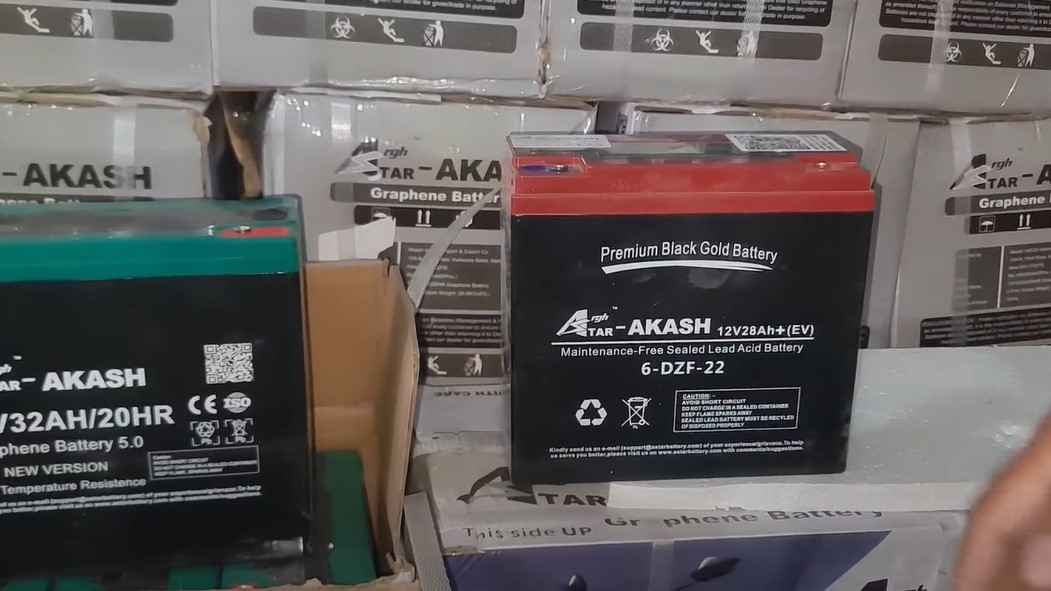
The production and use of electric scooter batteries contribute to their carbon footprint. Despite being greener alternatives to cars, they still bear environmental costs. Manufacturing batteries requires energy and natural resources.
The electricity to charge them often comes from fossil fuels. By choosing renewable energy sources for charging and supporting sustainably-sourced batteries, riders can help reduce this carbon footprint.
| Aspect | Impact on Carbon Footprint |
|---|---|
| Manufacturing | Energy-intensive processes |
| Charging | Quantity and source of electricity used |
| Usage | Replacement and maintenance frequency |
Future Of Electric Scooter Batteries
Let’s plug into the future of electric scooter batteries! As e-scooters zip through city streets, everyone wonders: how long will the battery last? Advances in technology promise longer rides and faster charges. Fasten your helmets; we’re diving into what’s next for these energy powerhouses.
Predictions For Longevity Improvements
Imagine not worrying about your e-scooter dying. Companies are pushing limits to make this real. We could see scooters that go further on a single charge soon. Expect batteries that last for years, not just months.
- More Mileage: New materials could double travel distances.
- Longer Battery Life: Novel technologies will extend overall battery lifespans.
- Smart Systems: Battery management systems will become more sophisticated.
These changes could mean saying goodbye to daily charging. Riders will enjoy more freedom and adventures.
Research Directions And Potential Breakthroughs
The quest for the super battery is on. Researchers are experimenting every day. They are finding new ways to store more power safely and sustainably.
| Research Area | Impact on E-Scooter Batteries |
|---|---|
| Solid-State Batteries | More power with less risk of fire. |
| Graphene Batteries | Faster charging and lighter weight. |
| Wireless Charging | Charge while you park or ride. |
Beyond just upgrades, these innovations are game-changers. Riders can look forward to scooters that are safer, lighter, and more convenient than ever.
Frequently Asked Questions Of How Long Does an Electric Scooter Battery Last Per Charge
How Far Can An Electric Scooter Go On One Charge?
An electric scooter’s range on a single charge typically varies from 10 to 40 miles, depending on the model and battery capacity. Factors like rider weight, terrain, and speed can also affect the distance covered.
Why Does My Electric Scooter Run Out Of Battery So Fast?
Your electric scooter may drain quickly due to frequent use, old or damaged battery, cold weather, heavy weight load, or maintaining high speeds. Regular maintenance checks can help identify the cause.
How Often Do You Have To Charge An Electric Scooter?
An electric scooter typically requires charging every 20 to 40 miles, depending on the model’s battery capacity and usage patterns. Regular daily use necessitates charging nightly.
How Long Does The Average Scooter Battery Last?
The average scooter battery lasts between 1 to 3 years. Regular use can influence this lifespan, and proper maintenance can extend it. Charging habits also affect longevity.
Conclusion
The lifespan of an electric scooter’s battery per charge is central to maximizing your ride. Typically, you can expect between 5 to 40 miles, shaped by factors like battery capacity and riding habits. Prioritizing proper maintenance will ensure you get the most out of each trip.
Stay informed and your electric scooter will serve you reliably on every journey.

